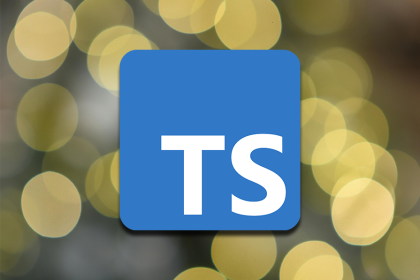
Learn when to use TypeScript types vs. interfaces, with practical guidance on React props, advanced mapped and template literal types, performance tradeoffs, and common pitfalls.

A hands-on comparison of five AI coding CLIs, tested by building the same React Todo app.

Small actions can have large consequences in complex systems. Here’s how UX designers can manage dependencies so users feel informed and in control rather than blocked or blindsided.

Discover what’s new in The Replay, LogRocket’s newsletter for dev and engineering leaders, in the December 17th issue.

A practical five minute revenue estimation method to help product managers compare ideas, drop low impact features, and prioritize smarter.
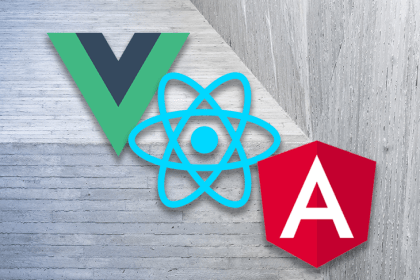
React, Angular, and Vue still lead frontend development, but 2025 performance is shaped by signals, compilers, and hydration. Here’s how they compare.
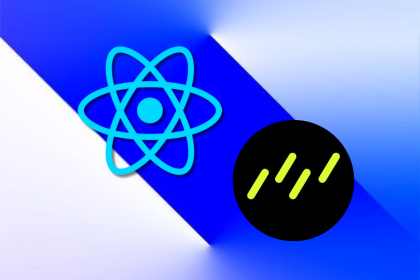
Learn how to use Drizzle ORM with Expo SQLite in a React Native app, including schema setup, migrations, and type-safe queries powered by TanStack Query.
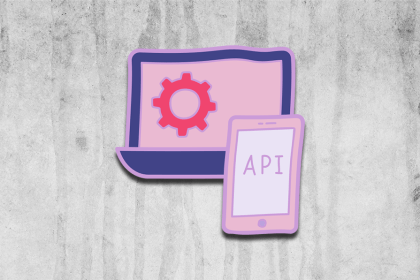
Explore five bizarre browser APIs that open up opportunities for delightful interfaces, unexpected interactions, and thoughtful accessibility enhancements.

This article examines when hero sections are necessary in digital products, when they create friction, and how to evaluate them using UX goals, primary actions, user flow impact, and real-world alternatives.

AI speeds up tasks like research synthesis, ideation, and first-draft wireframes, but it can’t replace clarity, taste, or decision-making. Here’s a grounded look at what AI actually does well in UX right now.
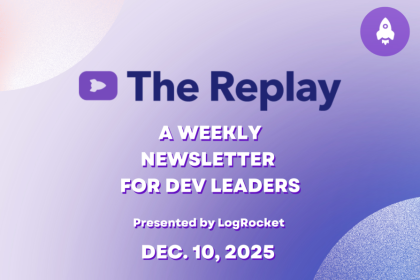
Fixing AI code, over-engineering JavaScript, and more: discover what’s new in The Replay, LogRocket’s newsletter for dev and engineering leaders, in the December 10th issue.

TOON is a lightweight format designed to reduce token usage in LLM prompts. This post breaks down how it compares to JSON, where the savings come from, and when it actually helps.